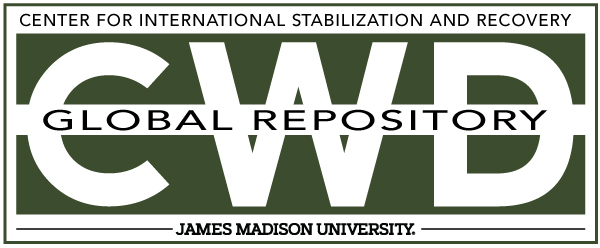Document Type
Other
Creative Commons License

This work is licensed under a Creative Commons Attribution-Noncommercial-No Derivative Works 4.0 License.
Publication Date
2-2021
Keywords
Victim Assistance, Advocacy and International Law, Landmine, ICBL
Abstract
These principles are based on Article 6 of the Mine Ban Treaty and Articles 5 and 6 of the Convention on Cluster Munitions, the Oslo Action Plan and the Lausanne Action Plan,2 the International Mine Action Standards on Victim Assistance, as well as previous ones and other existing legal obligations and political commitments of States Parties under relevant International Humanitarian and Human Rights Law, foremost the Convention on the Rights of Persons with Disabilities (CRPD). They are guided by the 2030 Agenda for Sustainable Development and its Sustainable Development Goals (SDGs) and rely on outcomes of the World Humanitarian Summit (WHS), including principles of localisation and equitable engagement in humanitarian response. These guiding principles recognize the vital role played by national and local non-governmental organizations (NGOs), including survivors networks, that resulted in the Grand Bargain Commitment made by donors to victim assistance to support National and Local Responders as well as the Charter on inclusion of persons with disabilities in humanitarian action and its related guidelines.
Included in
Defense and Security Studies Commons, Peace and Conflict Studies Commons, Public Policy Commons, Social Policy Commons



